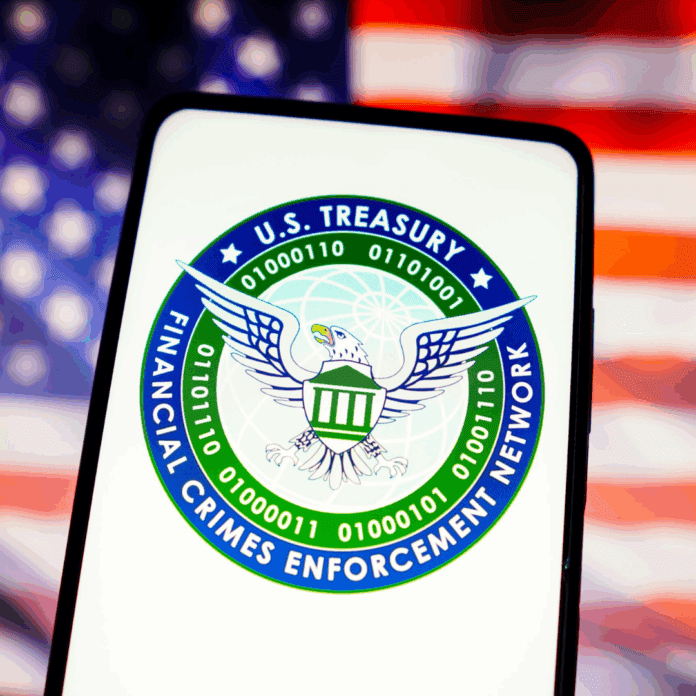The United States government has taken a bold step to block a major company in Cambodia, Huione Group, from using the U.S. financial system. This comes after serious accusations that the company helped criminals move nearly $4 billion in dirty money over a period of a few years.
The U.S. Treasury Department’s Financial Crimes Enforcement Network, also known as FinCEN, announced a proposal to label Huione as a “primary money laundering concern” under Section 311 of the Patriot Act. This label is used only in the most serious cases and gives the government the power to stop companies from having access to U.S. banks.
Huione Group is accused of playing a key role in helping cybercriminals hide stolen money. This includes money connected to North Korean hackers and scam operations in Southeast Asia. Some of these scams trick people by pretending to be real investment opportunities, often targeting ordinary people and convincing them to send money that ends up being stolen.
The action proposed by FinCEN would make it illegal for American banks to hold accounts for Huione Group or work with them in any way. If approved, this would cut the company off from the U.S. banking system and make it harder for them to move money internationally. FinCEN says that Huione has helped criminals move money earned through online scams, stolen funds, and other illegal activities.
What is Huione Group and Why Does It Matter?
Huione Group is a large financial company based in Phnom Penh, Cambodia. It owns a mix of businesses involved in digital money, including payment platforms, cryptocurrency services, and insurance operations. FinCEN’s announcement specifically names companies such as Huione Pay PLC, Huione Crypto, and Haowang Guarantee as part of the group’s business network.
According to U.S. officials, Huione Group did not follow proper rules to stop money laundering. The company either had no anti-money laundering protections or very weak ones, which made it easy for criminals to send money without being detected. These protections, known as “know your customer” or KYC rules, are required in many countries to make sure financial companies are not helping criminals.
California Man Christopher Scott King Admits to Illegal Gambling, Tax Evasion, and Money Laundering
FinCEN claims that Huione’s services became the go-to place for criminal organizations and online scammers. They accuse the group of being the “marketplace of choice” for moving stolen money. Criminals used Huione’s platforms to hide the origins of funds, making the money look clean even though it came from illegal activities.
Even worse, the U.S. says that Huione Group knew there were problems. The company reportedly admitted that it had weak systems in place, especially after it was found to have taken money indirectly linked to North Korean cybercrime groups. These groups are known for stealing large sums of money through online hacks and scams.
How Deep Does This Go?
The U.S. government’s investigation into Huione revealed that between August 2021 and January 2025, the group processed roughly $4 billion in suspicious transactions. A portion of this, about $37 million, was tied to cyberthefts carried out by North Korean hackers. Another $36 million came from fake cryptocurrency investment scams that tricked people into sending money for fake promises of big returns. An additional $300 million came from other kinds of cyber scams, including online fraud and phishing.
These crimes are not just numbers. They represent real people who lost real money. U.S. officials say that American citizens were among those affected, and that Huione’s services allowed the stolen money to be moved across borders with little oversight.
Crypto Crackdown Backfires: Court Sides with Tornado Cash Users Against Treasury
In January, Cambodian regulators took action too. The National Bank of Cambodia removed Huione Pay’s license to operate. Around the same time, Google removed an app called Huione Guarantee from Telegram. The app was found to be connected to scam activity, following an investigation by a private blockchain research firm.
The proposal by the U.S. Treasury is now open for public comment for 30 days. This is part of the official process before the rule can take effect. If approved, the rule would make it almost impossible for Huione Group to use U.S. banks to move or store money. This would deal a major blow to the company’s operations.
The case shows how governments are stepping up efforts to track and block companies that help criminals hide and move their stolen money through complex financial networks.


